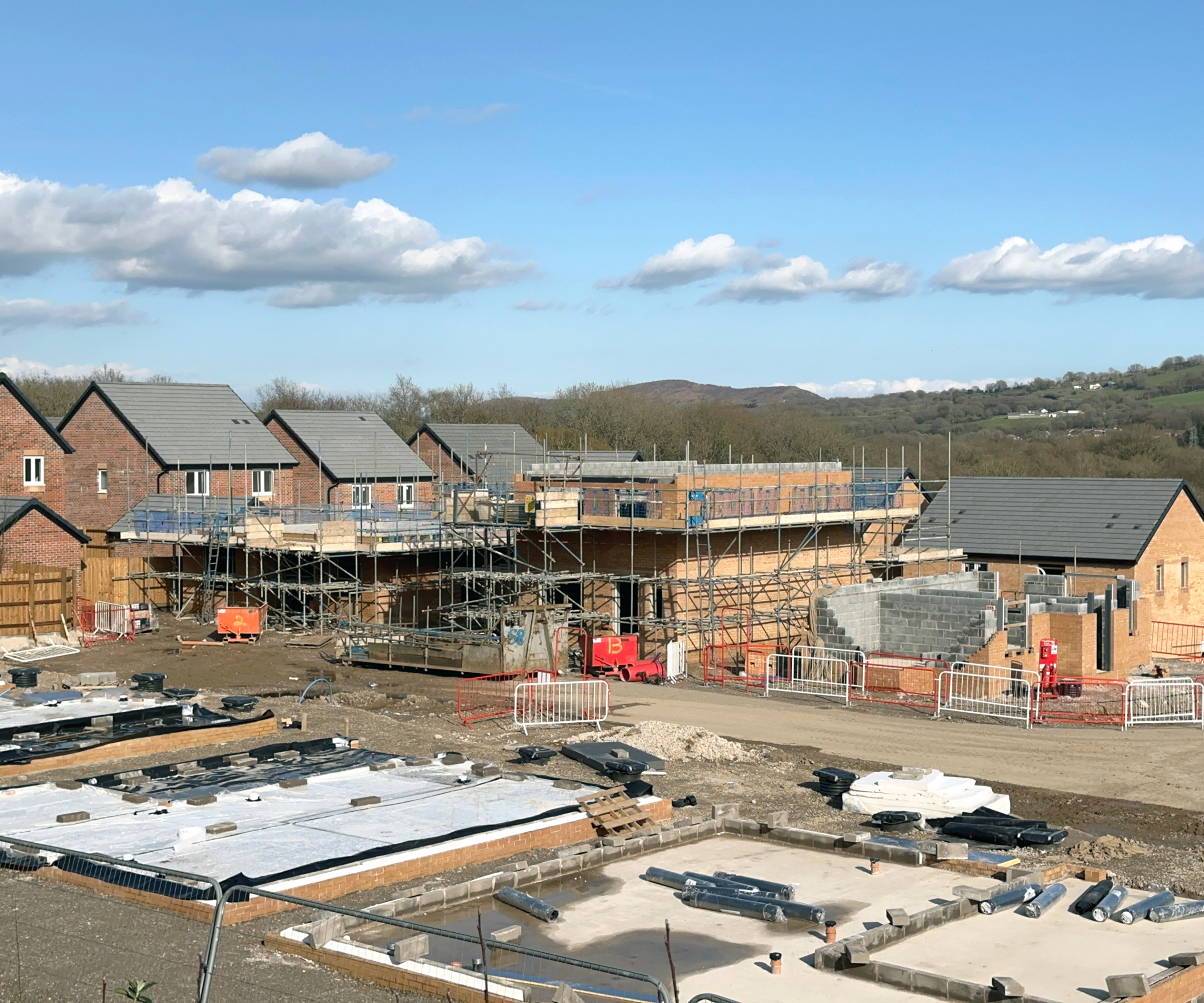Business leaders and self-builders are calling for Part 106 funds to be scrapped, blaming them for delaying hundreds of reasonably priced properties throughout England and Wales.
Over 17,000 properties are at the moment stalled as a result of housing associations lack the funds to purchase these properties from builders.
Whereas the federal government has launched a clearing service to assist unblock this bottleneck, consultants say extra basic reforms are urgently wanted.
Part 106: A system underneath pressure
Part 106 agreements require builders to contribute to native infrastructure and reasonably priced housing as a part of planning permissions.
Nonetheless, latest studies point out that 17,400 reasonably priced properties in England and Wales are stalled as a result of housing associations lack the monetary capability to buy them.
This bottleneck has prompted the Residence Builders Federation to induce the federal government to permit housing associations to make use of state grants to purchase Part 106 properties, relatively than relying solely on their very own funds.
Jennie Daly, CEO of Taylor Wimpey, highlighted the difficulty: “Housing associations are dealing with appreciable monetary difficulties, making it difficult for builders to promote reasonably priced properties they’re required to construct underneath authorized agreements.”
Convey your dream house to life with professional recommendation, the way to guides and design inspiration. Join our e-newsletter and get two free tickets to a Homebuilding & Renovating Present close to you.
The monetary pressure on housing associations is attributed to elevated spending on security enhancements, addressing damp and mildew points, and enhancing the effectivity of their present housing inventory.
Part 106 exemptions for self-builders should not being adopted
Part 106 necessities don’t solely affect massive scale homebuilders however self-builders are impacted too.
In 2014, the UK authorities launched an exemption from part 106 contributions for small-scale developments, together with most self-build tasks.
This coverage aimed to alleviate the monetary burden on people constructing their very own properties, recognising that such contributions may very well be disproportionate for single dwellings.
Regardless of this, the applying of Part 106 exemptions has diversified throughout native authorities. Some councils have continued to impose Part 106 expenses on self-build tasks, resulting in inconsistencies and confusion amongst self-builders.
As an illustration, the Self Construct Portal notes that whereas many self-builders can declare an exemption, developments over 1,000 sqm or these in sure areas should be responsible for Part 106 contributions, which results in important delays.
Builders sound the alarm

Builders throughout England are reporting important challenges find patrons for reasonably priced properties.
A survey by Knight Frank revealed that just about 80% of builders wrestle to seek out patrons for Part 106 reasonably priced properties, with over 40% unable to discover a single Registered Supplier (RP) purchaser.
Sean Ellis, Managing Director of Fernham Houses, shared his expertise: “It’s each website for the time being. This is without doubt one of the most crucial points we face.”
The shortcoming to safe patrons for reasonably priced models is resulting in delays in housing tasks. Builders typically depend on the sale of reasonably priced properties to housing associations to fund the development of recent developments. With out these gross sales, tasks are stalled, impacting the general housing provide.
David O’Leary, Govt Director on the Residence Builders Federation, emphasised the broader implications: “The dearth of events implies that smaller websites should not beginning in any respect and supply on bigger websites is slowing or stopping.”
Coverage reforms on the horizon
In response to the rising issues, the federal government has launched a clearing service by Houses England to attach builders with unsold reasonably priced properties to registered suppliers and native authorities, facilitating the completion of those tasks.
Nonetheless, trade consultants argue that extra complete reforms are mandatory. The British Property Federation has urged the federal government to desert proposals for a brand new infrastructure levy and as an alternative give attention to bettering the prevailing Neighborhood Infrastructure Levy and Part 106 programs, or eradicating them altogether.
They argue that introducing a brand new levy may create extra complexities and uncertainties within the planning course of.
As the controversy continues, the federal government’s latest actions point out a willingness to introduce planning reforms to raised meet the nation’s housing wants. The success of those initiatives will rely upon efficient collaboration between builders, housing associations and native authorities.

